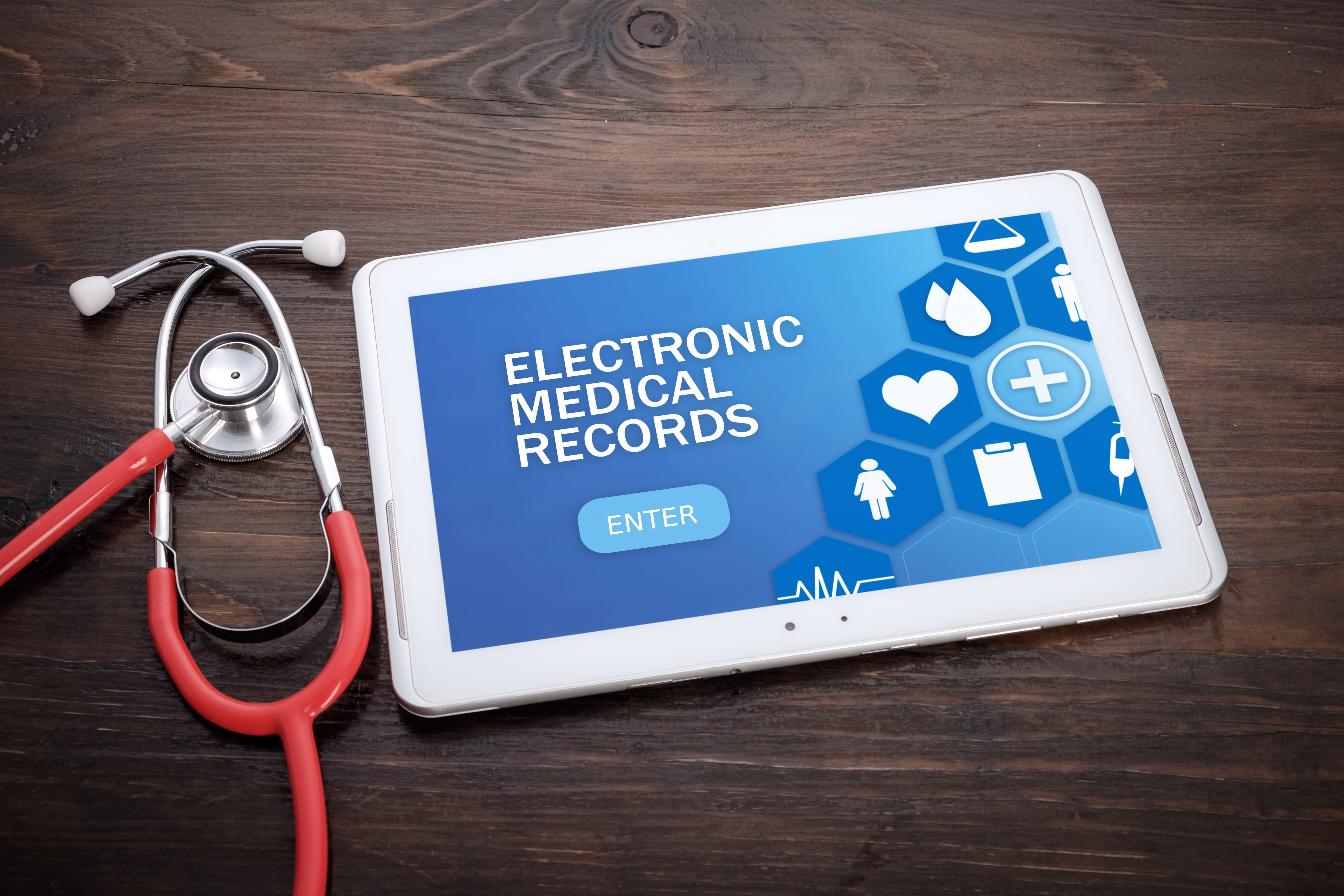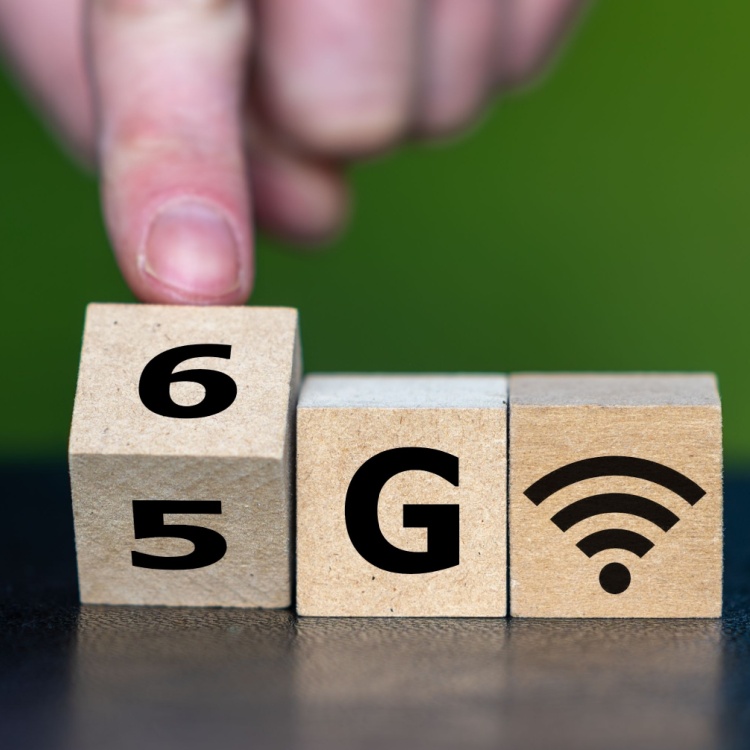EHR: Your Health History in Your Hands

With electronic health records (EHR), your health is in good hands.
We’ve all been there. After showing your results from medical imaging devices to your physician, you consider getting a second opinion. Bringing your test results to another doctor, you try to correctly answer questions about your medical history. For the patient, it can get tedious trying to remember everything. For the physician, this process may give them an incomplete picture of your medical history--preventing them from accurately diagnosing your condition.
All that can change with an electronic health record (EHR) system. Medicine is a field rich in data, and digital technology can transform the delivery of patient care.
(Also read: How the Internet of Medical Things Can Revolutionize Healthcare)
EHR: Connecting patients and healthcare ecosystems
An EHR is a patient-centered record that makes real-time information available instantly and securely to authorized users.

Because all of the patient’s medical information is digital and centralized, there is a greater and more seamless flow of data within the healthcare ecosystem--from patients and clinicians to hospitals, pharmacies, and healthcare providers.
With quick access to patient records, healthcare professionals can provide safer, more coordinated care. With their health history in their hands, patients can take a more active role in their health journey.
(Also read: Remote Patient Monitoring: Empowered Healthcare)
The advantages of EHR
On average, each patient visit requires 10 to 13 pieces of paper. Multiply that by 50 to 100 visits per week, and that’s a lot of paperwork. Traditional paper records not only create environmental and storage challenges but also result in lost productivity.
“No nurse, no clinician wants to do clerical work. They pursued careers in healthcare to deliver care, not push paper. Yet they’re spending 70 to 80 percent of their days doing just that,” says Kyle Platt, vice president of business development for Awake Technologies.
Here’s how you and your clinician can benefit from EHRs.

Watch this video to see how an EHR system can improve patient care.
The future of healthcare
The global EHR market size was estimated at USD 26.8 billion in 2020 and is projected to reach USD 35.1 billion by 2028. The COVID-19 pandemic has only underscored the need for a centralized and streamlined electronic healthcare system.
Like most industries, the ability to gather, analyze, and quickly act upon data is crucial to the future of healthcare. Correct, complete, and up-to-date information can spell the difference between a life saved and a life lost.
As one of the Top 21 EMS companies in the world, IMI has over 40 years of experience in providing electronics manufacturing and technology solutions.
We are ready to support your business on a global scale.
Our proven technical expertise, worldwide reach, and vast experience in high-growth and emerging markets make us the ideal global manufacturing solutions partner.
Let's work together to build our future today.




